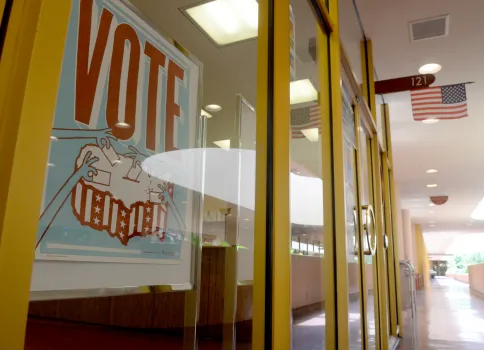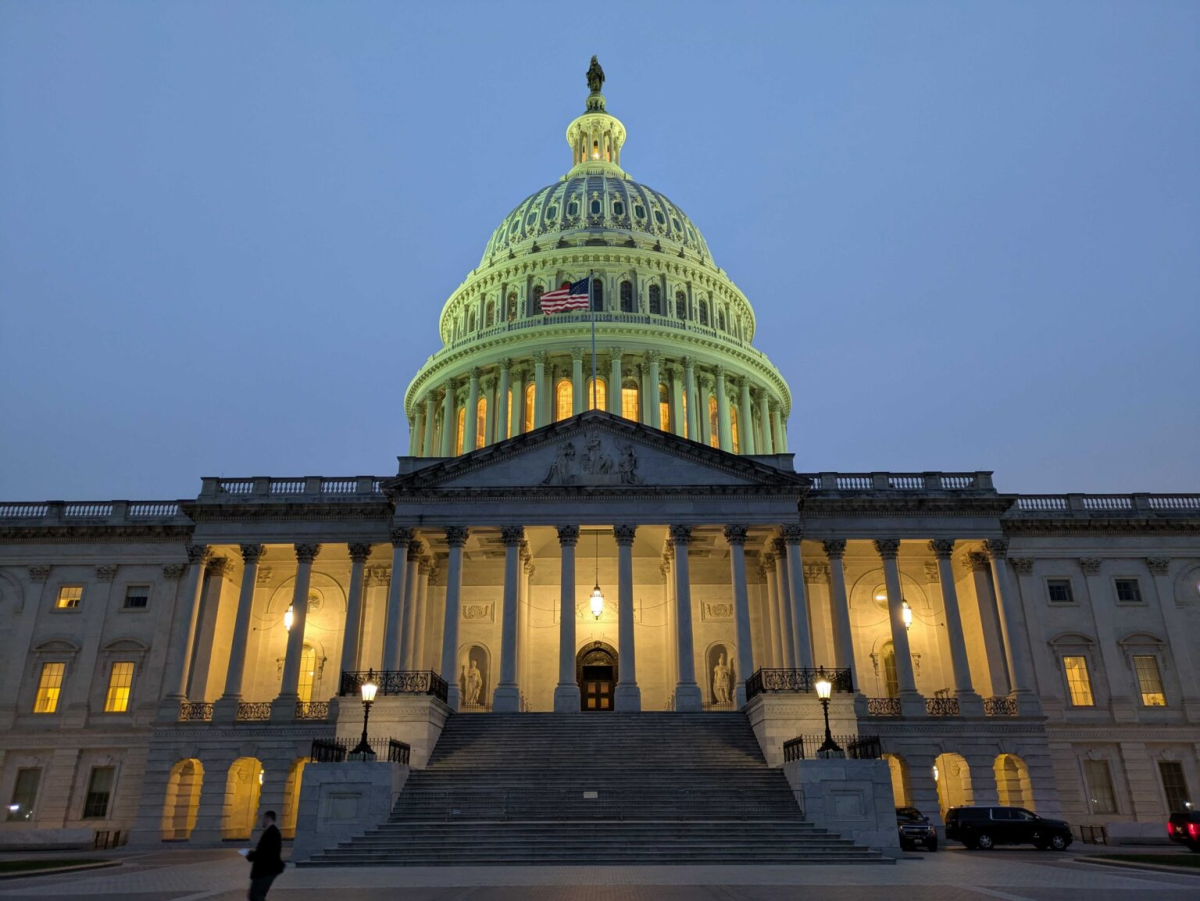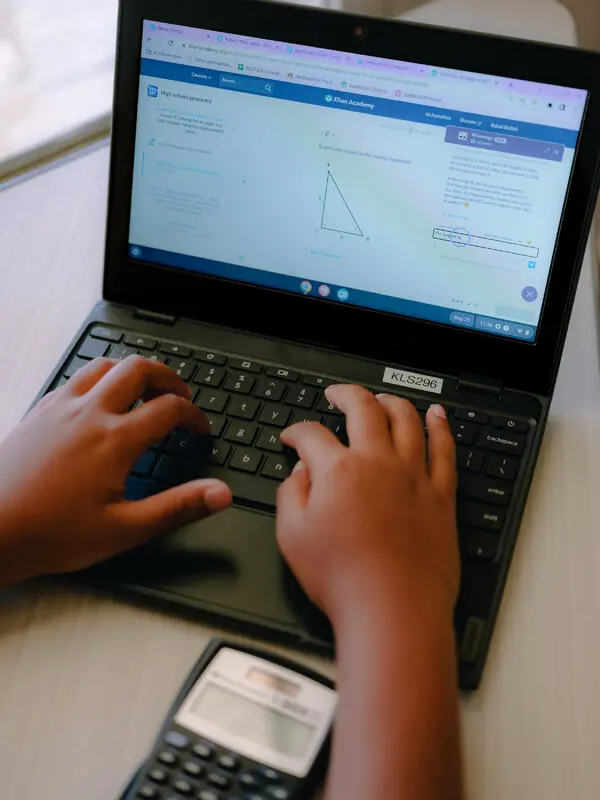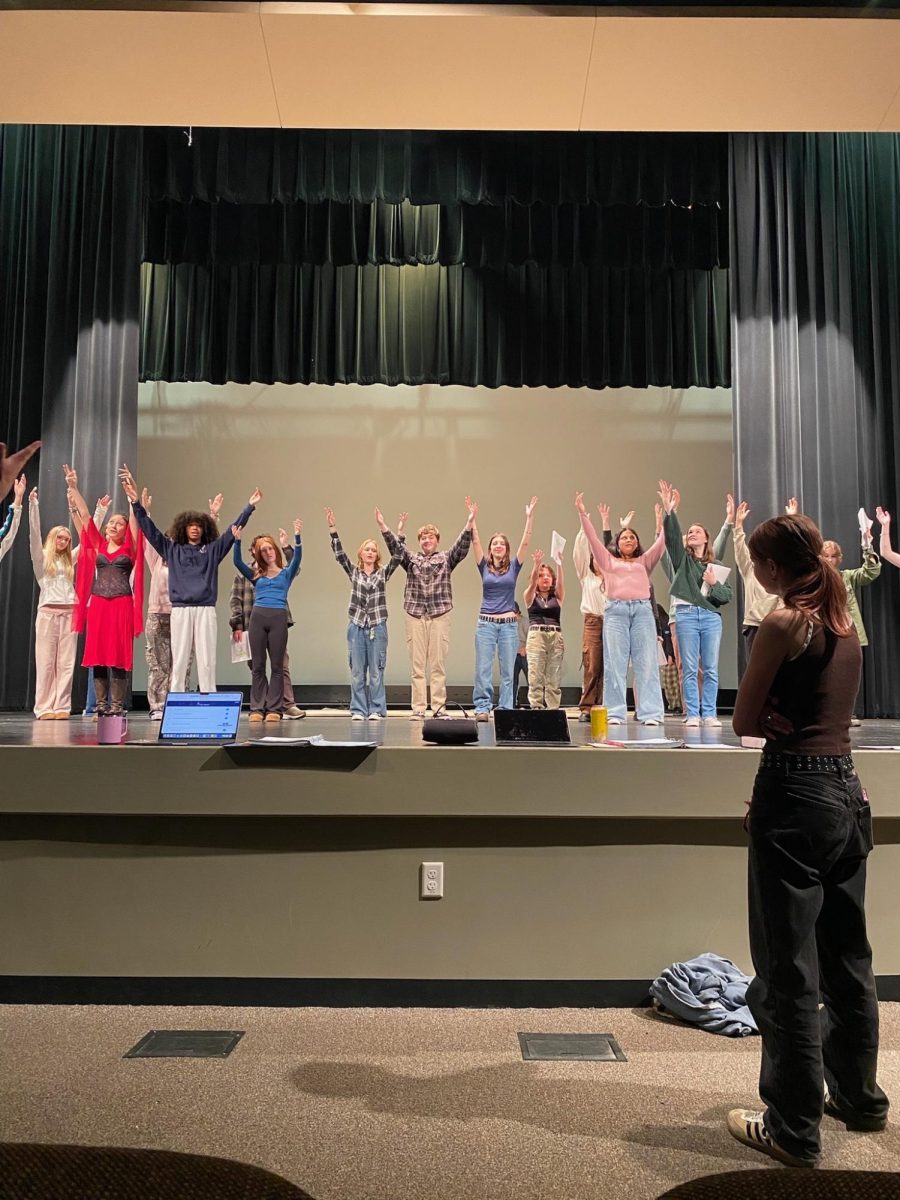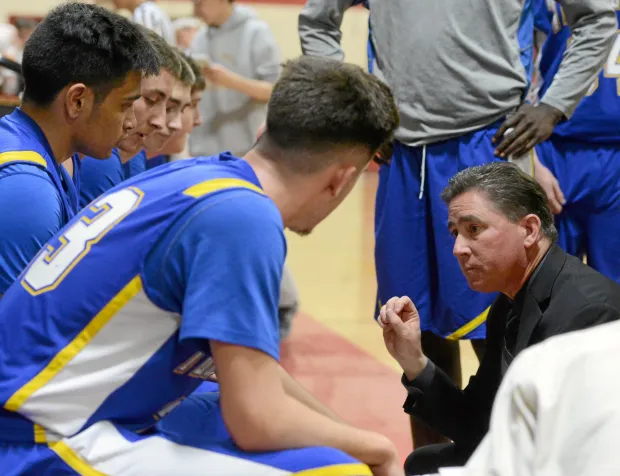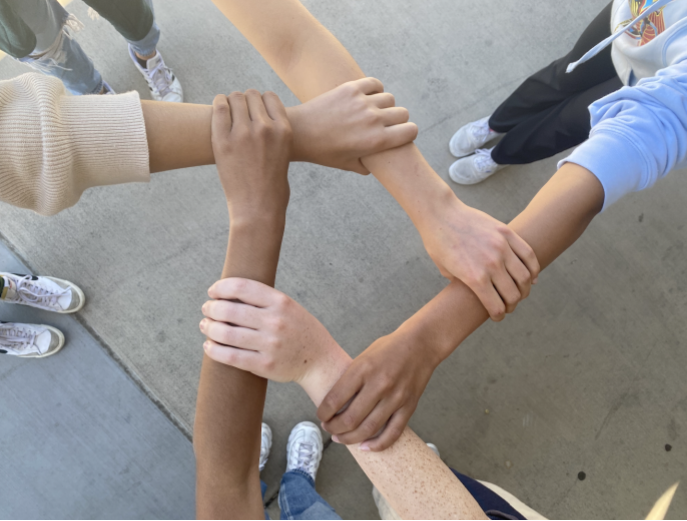Ethnic Studies to be at TL Next Fall
May 23, 2022
Last October, ethnic studies courses became mandatory for California high schools to teach by the start of the 2025-26 school year. But TL is ahead of the game. Ethnic studies classes will begin next fall, with classes offered for every student. Ethnic studies is a field of studies that covers the history, culture, and experience of racial and ethnic groups.
“[TL’s ethnic studies course] is going to incorporate many different backgrounds and ethnicities,” Principal Katy Dunlap says. The class will be required for all freshmen. “We really do need from the beginning when students first come in their freshman year to teach students about exploring their identity along with other cultures. That paired with our health curriculum is such a strong introduction for our freshmen.”
Classes for sophomores and upperclassmen will be given through College of Marin. The classes will be more specific than the one for freshmen. It will be a semester-long course, beginning next Spring. Students will also earn college credit through concurrent enrollment. “What I like about the [College of Marin] classes we’ll offer is that students who are interested in the upper grade levels can revisit and go much more in depth in their studies,” says Principal Dunlap.
The process of getting ethnic studies at TL has been long. In a committee meeting last semester, health and history teachers, admin, and students discussed several things. “One of the main things we were debating is if ethnic studies should be a semester or year-long class,” says Sofia Weinstein, a senior at TL who was part of the committee.
“A lot of students actually wanted the ethnic studies course to be year-long. Because right now, it’s a semester at San Rafael High School,” says Weinstein.
If the class was longer than a semester, more units could be added. “Many other religions and ethnicities would be covered in a longer class. A lot of students, including myself, wanted it to be a year-long course so we could make sure it was inclusive of all different identities.”
In a survey given to students, the few who responded voted for a semester-long class. Like this small group of students, health teachers also want it to be semester-long. It will allow for Health to be taught during the other semester.
Mrs. Newton, physical education and health teacher at TL was part of the committee that made the decision. “I’m happy about it because I’m passionate about health, but I know the value of ethnic studies and I think that’s important to have,” she says. “I don’t think one is more important than the other.”
Students can receive many benefits from taking an ethnic studies class, and many believe it’s important.
“I think that in the world we live in, it’s extremely important to teach kids, especially at a younger age, about ethnic studies,” says sophomore Collette Treewater. She believes it will, “create generations to come that are more highly competent to succeed in their daily lives because of their knowledge of everybody and the world around them.”
Sophomore Olivia Brewster says, “I think it’s important to learn, and interesting. It’s also relevant, so it’s good that students are learning it.” Ethnic studies classes can help students improve their critical thinking skills, gain a sense of identity, and create a sense of understanding of people and their differences.
Students from all political backgrounds believe it’s important.
“As a leaning conservative, I believe that everyone, no matter who you are or where you live, should learn about ethnic studies,” says Sophomore Annie Sung. “Understanding the whole spectrum of things is important before making decisions about where you stand. By blocking this type of education, a biased view of the world can be formed and acted upon.”
“Having an ethnic studies class would be really liberating and an equitable step for Marin County because it’ll allow students to act fairly and make proper decisions for themselves,” she continues. “It’s like being a judge. A judge can’t become a judge or make decisions until they have a full understanding of the law,” she says.
Dunlap also mentioned, “I think, especially over the last few years, with a national reckoning over racism and social justice issues, that it’s so important for high schools to begin with a foundation for all of our students to know who we are as a society. I find it really, really important. Our school is so much more diverse than we were years ago.”







